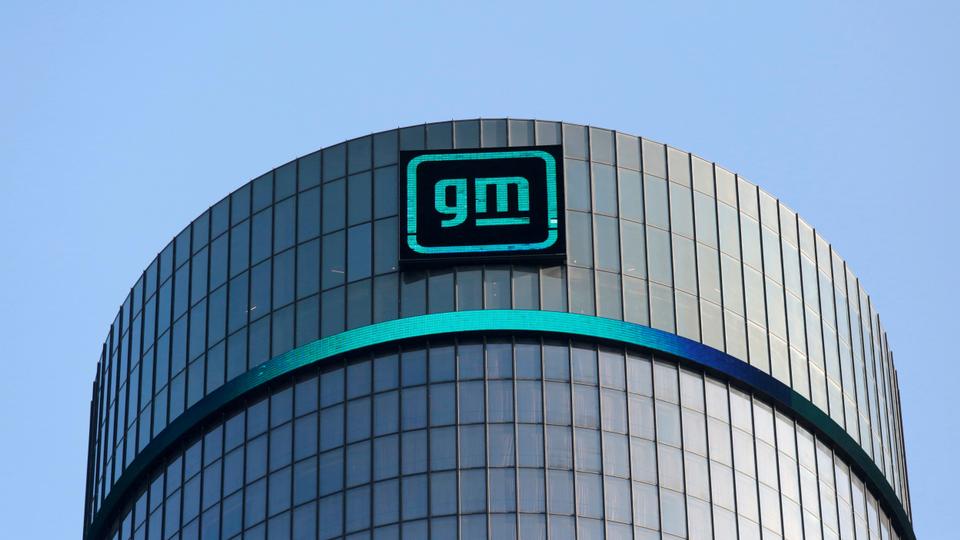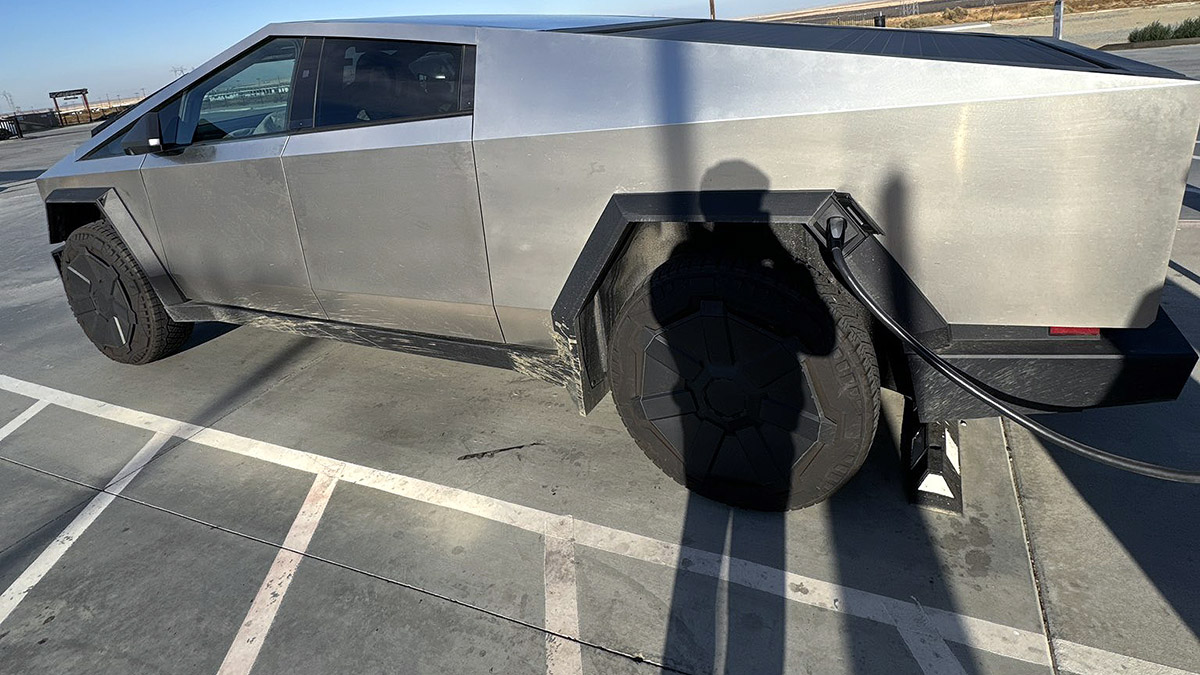The United Auto Workers (UAW) union faces a hurdle in the ratification of new contract agreements with major automakers, as GM’s Flint, Michigan assembly plant narrowly voted against the recently proposed deal, securing a mere 48.2% approval.
Following a historic six-week strike that concluded last month, GM, Ford, and Stellantis reached tentative agreements with the UAW. However, the road to finalizing the contracts appears less straightforward as local chapters continue voting on the proposals.
UAW Local 598 workers at GM’s Flint assembly plant, responsible for producing the Chevy Silverado truck, rejected the tentative agreement with 51.8% of votes against the proposal. The plant, housing 4,746 employees, represents a significant workforce within GM. Despite the setback, GM has not provided official commentary on the ratification process.
GM’s ongoing contract ratification involves votes at various local chapters, with major plants in Arlington, Texas, and Fort Wayne, Indiana scheduled for upcoming decisions. Approximately 58% of GM workers across facilities who have voted so far reportedly support the contract, according to a UAW vote tracker.
The proposed UAW agreement, covering around 46,000 GM workers, outlines significant benefits, including a 25% base wage increase through April 2028 and a gradual 33% increase in the top wage. Additional provisions include cost-of-living adjustments (COLA), elevating total worker pay to over $42 per hour.
Despite the rejection at the Flint facility, experts suggest that GM may not substantially revise its offer. University of Michigan professor Erik Gordon opines that the likelihood of GM making significant additional concessions is low.
GM’s tentative contract involves nearly $2 billion in investments directed toward electric vehicle (EV) development at plants in Michigan, Kansas, and New York. The rejection news follows GM’s recent challenges, including the revocation of its self-driving permit after a Cruise vehicle pinned a woman in San Francisco. GM also announced the delay of a key EV plant in Tennessee and adjustments to other EV investment plans, contributing to a complex month for the automaker.
The evolving situation with contract ratification raises questions about the stability of agreements and potential implications for the automotive industry, as the UAW navigates ongoing negotiations with the Big Three automakers.







